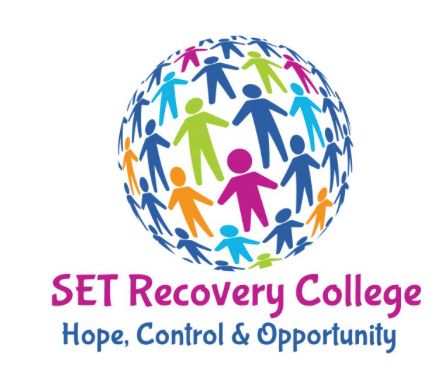Mental Health

Mental health includes our emotional, psychological, and social well-being. It affects how we think, feel, and act. It also helps determine how we handle stress, relate to others, and make choices. Mental health is important at every stage of life, from childhood and adolescence through adulthood.
Over the course of your life, if you experience mental health problems, your thinking, mood, and behaviour could be affected. Many factors contribute to mental health problems, including:
- Biological factors, such as genes or brain chemistry
- Life experiences, such as trauma or abuse
- Family history of mental health problems
Mental health problems are common but help is available.
If you’re having mental health problems, you’re not alone. One in four of us will have problems with our mental health at some time in our lives.
Protecting Your Mental Health
Sometimes it is the simplest things that can help improve your mental health…
The 5 Ways To Well-Being
Evidence suggests that building the following five actions into our day-to-day lives is important for well-being:
- Connect: With the people around you, with family, friends, colleagues and neighbours. At home, work, school or in your local community. Think of these as the cornerstones of your life and invest time in developing them. Building these connections will support and enrich you every day.
- Be Active: Go for a walk or run. Step outside. Cycle. Play a game. Garden. Dance. Exercising makes you feel good. Most importantly, discover a physical activity you enjoy and that suits your level of mobility and fitness.
- Take Notice: Be curious. Catch sight of the beautiful. Remark on the unusual. Notice the changing seasons. Savour the moment, whether you are walking to work, eating lunch or talking to friends. Be aware of the world around you and what you are feeling. Reflecting on your experiences will help you appreciate what matters to you.
- Keep Learning: Try something new. Rediscover an old interest. Sign up for that course. Take on a different responsibility at work. Fix a bike. Learn to play an instrument or how to cook your favourite food. Set a challenge you will enjoy achieving. Learning new things will make you more confident as well as being fun.
- Give: Do something nice for a friend, or a stranger. Thank someone. Smile. Volunteer your time. Join a community group. Look out, as well as in. Seeing yourself, and your happiness, linked to the wider community can be incredibly rewarding and creates connections with the people around you.
SETRUST Recovery College
The Recovery College offers free educational courses about mental health and recovery which are designed to increase your knowledge and skills and promote self-management. Courses are available to anyone with an interest in mental health and wellbeing including: service users; family members and staff.
Each course is co-produced and co-facilitated by Recovery College Tutors. At least one tutor will have lived experience of mental health recovery and the other will have learned experience of the subject area. Both tutors have a special interest in mental health recovery.
The Recovery College promotes three themes: hope, opportunity and control.
Contact the SETRUST Recovery College on: 02890413872

